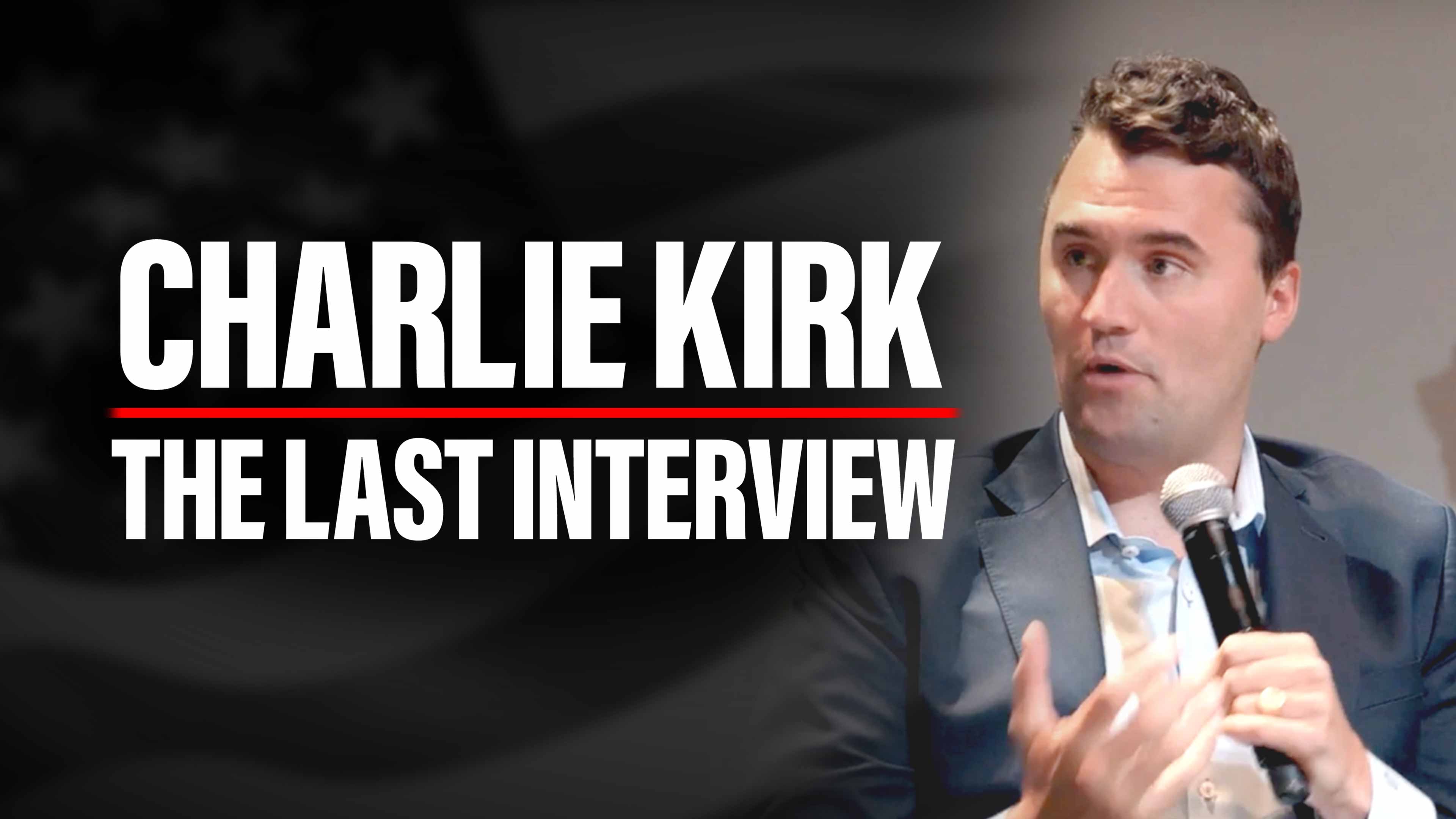
Charlie Kirk: A Visionary Entrepreneur on Mission, Meaning, and the Future of America
Charlie Kirk, widely known for founding Turning Point USA, reveals much more than his political reputation in a recent in-depth conversation. In front of a room full of business founders and executives, he opened up about entrepreneurship, building lasting brands, personal discipline, and why America’s spirit of innovation still matters.
A Start in Chicago, A Life in Arizona
Born in Wheeling, Illinois, Charlie grew up in the Arlington Heights area outside of Chicago. Now based in Scottsdale, Arizona, he is a husband and father of two, juggling family life with leading multiple enterprises. His life philosophy includes honoring the Sabbath and maintaining boundaries to avoid burnout:
“Working seven days straight burns yourself — and your organization — out.”
More Than a Commentator: A True Entrepreneur
Kirk isn’t just a media figure — he’s a full-scale entrepreneur running both nonprofit and for-profit entities with over 1,000 employees and $140 million in annual revenue. He defines entrepreneurship not in buzzwords, but in problem-solving:
“I love building stuff. I love finding problems and solving them. That’s what an entrepreneur is.”
He sees himself not as a manager but a visionary who sets direction, finds talent, and pushes teams forward:
“Managing people day-to-day? Not my strength. Casting vision and driving? That’s where I thrive.”
Founder-Led Culture: Why It Still Matters
For Kirk, a founder must be the hardest working person in the room, especially during growth mode. He believes a brand’s success is often inseparable from the founder’s energy:
“Don’t let corporate thinking convince you to separate founder from brand. That spark matters.”
He strongly encourages entrepreneurs to stay close to the experience—whether by eating in their own restaurants or attending their own events as customers:
“Nothing replaces lived experience. Feedback surveys are great, but you need to sit in the booth.”
The Cost of Success: Time and Self-Awareness
Kirk names time management as the greatest underestimated sacrifice of entrepreneurship. He schedules his day down to 5–6 minute intervals, knowing his nature and optimizing for where he adds the most value:
“If a meeting requires patience, I probably shouldn’t be in it.”
He emphasizes the importance of physical, spiritual, mental, and relational health for sustaining leadership in the long term.
On Criticism, Culture, and Gen Z Teams
Kirk embraces feedback — both good and bad — as an opportunity to improve, but cautions against overreacting:
“Some feedback is just noise. But real feedback? You follow it through, fix it, and make it a lesson.”
With over 1,000 Gen Z employees, he insists on codifying values clearly during onboarding and reinforcing them constantly. His rule:
“Managers can have different privileges, but not different principles.”
Economic Outlook: Optimism and Innovation
Kirk remains bullish on America’s long-term economic future, pointing to a global appetite for U.S. investment, a strong consumer market, and the transformational power of AI:
“Embrace AI fully — not doing so would be like ignoring the steam engine or the internet.”
He believes entrepreneurs must lead with confidence to fuel optimism:
“If people believe things will be better, they will be. That psychology drives growth.”
Quotes That Guide Him
Charlie shared two quotes that capture his approach to both life and business:
-
“This too shall pass.”
A timeless reminder that both struggle and success are fleeting. -
Romans 8:28
“God works all things for good for those who love Him.”
A verse that grounds his faith during seasons of uncertainty.
Conclusion: Building Beyond the Bottom Line
Through this conversation, Charlie Kirk offered a glimpse into the discipline, clarity, and vision that drive his ventures. Far beyond politics, he emerges as a thoughtful builder of systems, teams, and brands — one who sees entrepreneurship not as a path to riches, but as a mission of service and transformation.
“It’s not about the money — it’s about the memories, the impact, and the team. That’s what lasts.”